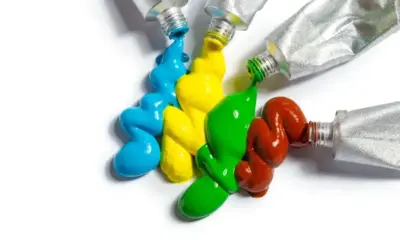Breastfeeding & Baby Feeding
Should You Choose Glass or Plastic Baby Bottles?
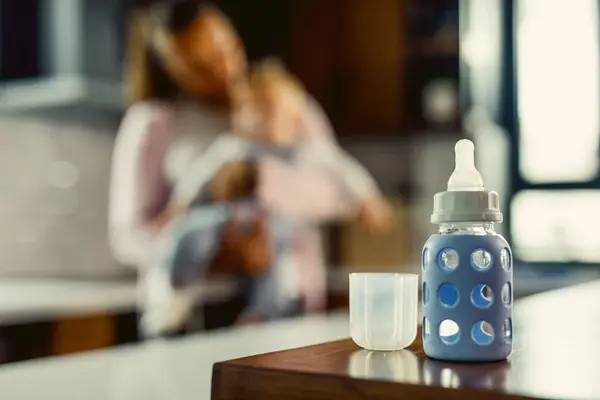
Should You Choose Glass or Plastic Baby Bottles?
Choosing between glass and plastic baby bottles can be confusing. Both have benefits, but each also comes with important drawbacks. As a parent, you want the safest, most practical option for your baby—and your lifestyle.
In the glass vs plastic bottles debate, the key factors are safety, convenience, durability, and price. Let’s explore the pros and cons to help you make the best choice.
Why Bottle Material Matters
Newborns feed often, so the material of their bottles matters more than you may think. While plastic bottles are common, studies show that some types may leach chemicals into the milk. On the other hand, glass bottles are chemical-free but can break and feel heavy.
Plastic Baby Bottles: Pros and Cons
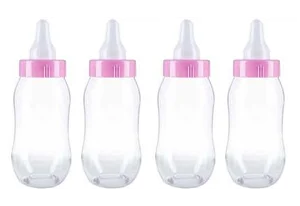
Plastic bottles are lightweight, affordable, and widely available. You can easily find various styles and shapes for different feeding needs. Many parents love their convenience—especially when on the go.
Advantages of Plastic Bottles
- Lightweight and easy to hold
- More affordable than glass or steel
- Available in many designs and sizes
- Often compatible with breast pumps
Safety Concerns with Plastic
Plastic bottles used to contain BPA, a chemical linked to hormonal disruption. The FDA banned BPA in baby bottles in 2012. However, BPA alternatives like BPS may also pose health risks. Phthalates and other plastic additives can affect metabolism and development.
Even BPA-free bottles can leach particles. Polypropylene, for instance, sheds microplastics that babies may ingest during feeding. Heat exposure makes this worse.
To reduce chemical exposure:
- Avoid heating bottles in microwaves or dishwashers
- Discard scratched or cloudy bottles
- Use bottles marked “biobased” or “Greenware”
- Check recycling codes and avoid types 3, 6, and 7
Glass Baby Bottles: Benefits and Risks
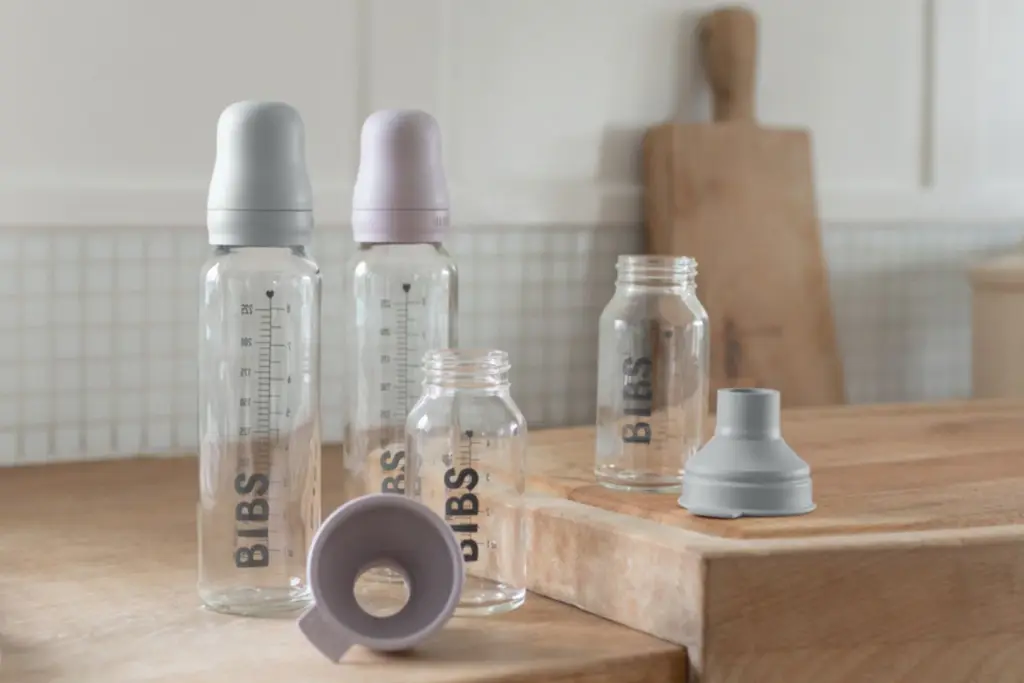
Glass bottles are making a comeback. They don’t contain plastic chemicals and are easy to clean. Many parents choose glass for safety and peace of mind.
Benefits of Glass Bottles
- No chemical leaching
- Durable and easy to sterilize
- Stain and odor resistant
- Long-lasting with proper care
Many glass bottles come with silicone sleeves to prevent breaking. But they still weigh more than plastic. Not all daycare centers accept glass bottles due to breakage risk.
Considerations Before Choosing Glass
- Heavier for babies to hold
- Can shatter if dropped
- May not be allowed at daycare
- Fewer style options than plastic
Other Options: Stainless Steel and Silicone Bottles
While glass and plastic dominate the market, there are more choices.
Stainless Steel Bottles
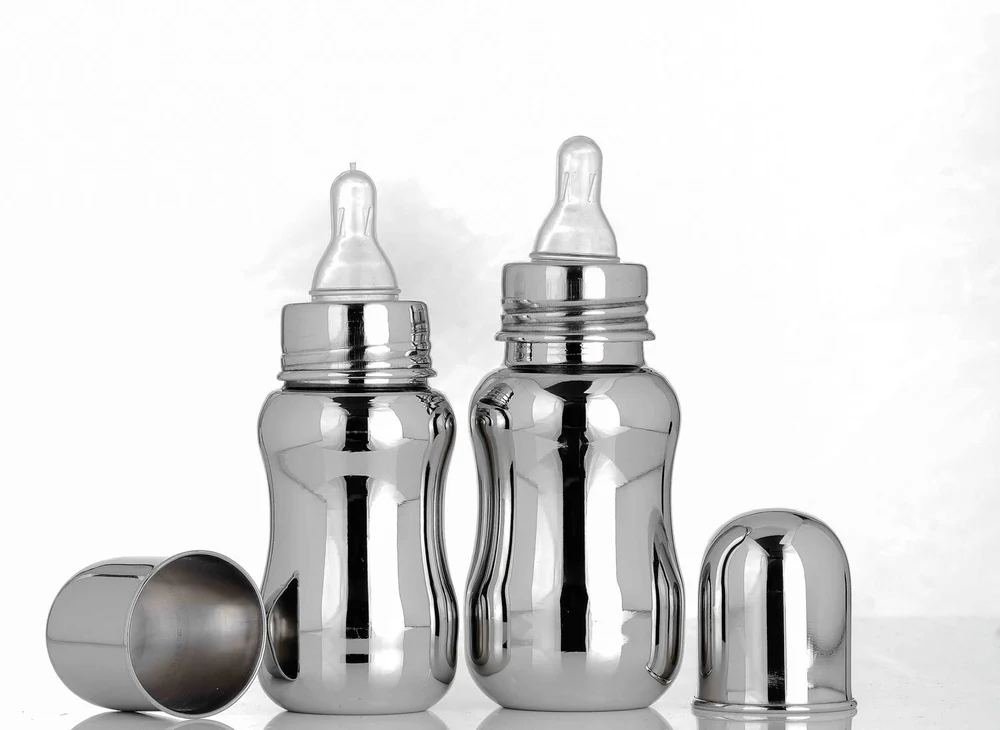
These are durable, safe, and chemical-free. They resist shattering and don’t leach harmful substances. But they are pricey and offer fewer styles, especially for colic-prone babies needing vented bottles.
Silicone Bottles
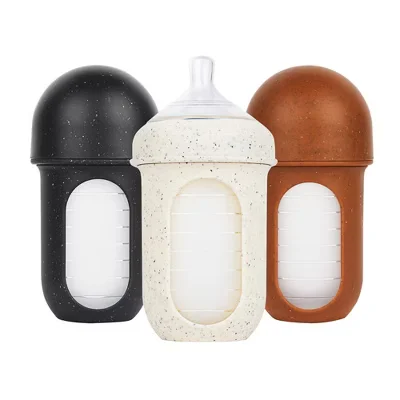
Silicone is soft, flexible, and heat-tolerant. It doesn’t contain BPA or phthalates. Babies often enjoy their texture. However, silicone bottles can tip over easily and may not last as long as other options.
Final Thoughts: Which Should You Choose?
When comparing glass vs plastic bottles, your final choice depends on your baby’s needs and your preferences. Glass offers a chemical-free experience but comes with risks of breakage. Plastic is more convenient and affordable but may expose your baby to unwanted chemicals.
Some parents use glass bottles at home and plastic at daycare. Others prefer stainless steel or silicone as safer alternatives.
No matter your decision, what matters most is that your baby is well-fed, loved, and thriving.











